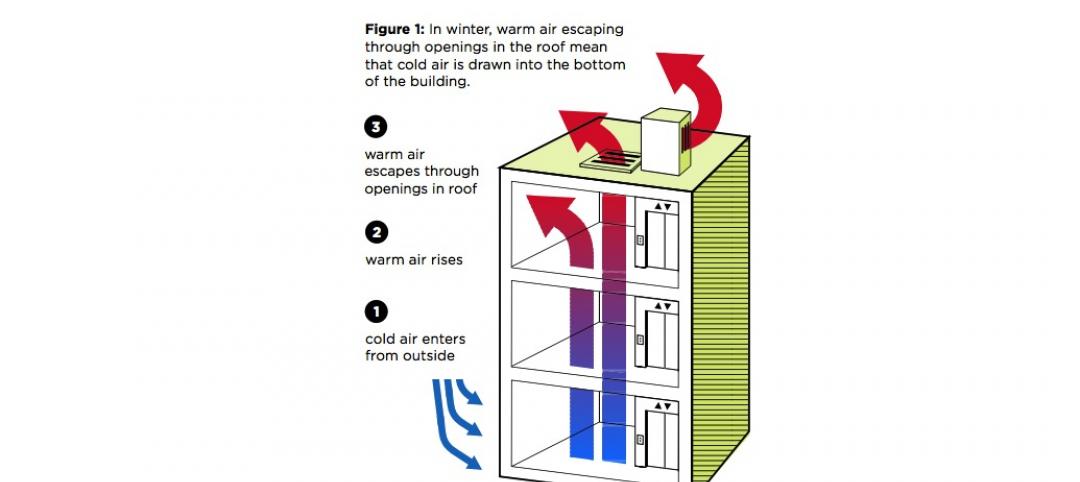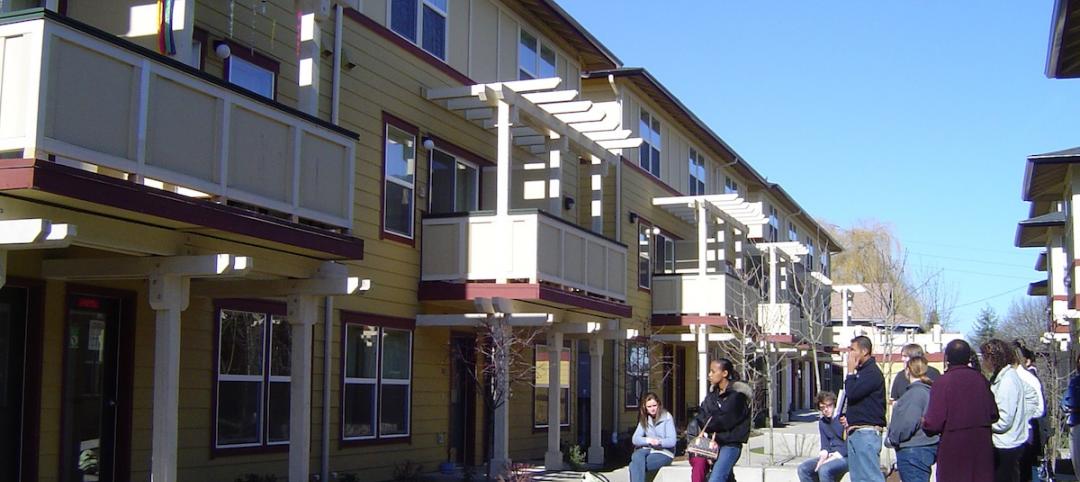After offices and other places of business reopen following COVID-19 shutdowns, tenants and owners face increased legal liability, and property insurance plans may not cover this risk.
If an employee or guest contracts the disease, the prospect of a lawsuit puts companies and property owners at risk. Though most re-openings come with stringent measures to protect the health of workers and visitors, those actions may not be enough to protect a company from liability if someone catches COVID-19 within their property.
Companies have to follow the necessary guidelines to safeguard their buildings from COVID-19 transmission, but they also must ensure compliance with those measures, a lawyer interviewed by GlobeSt advises. Plaintiffs would not necessarily have a difficult time proving that they were infected at a particular location.
The prevalence of mobile devices, private security cameras, and other tracking and tracing methods, there could be enough data to determine who was within six feet of an infected person. If businesses adhere to guidelines to prevent disease transmission, though, they stand a much better chance of prevailing in court.
Related Stories
Codes and Standards | Apr 12, 2015
Virginia surpasses Florida for strictest hurricane building codes
Virginia has edged out Florida as the state with the most stringent hurricane building codes, according to the Institute for Business and Home Safety’s “2015 Rating the States” report.
Codes and Standards | Apr 6, 2015
Industry groups petition for change order reform on federal projects
Nine design and construction associations ask for assurance that funds available for additional work.
Codes and Standards | Apr 6, 2015
DOE releases Better Buildings Workforce Guidelines
The guidelines are aimed at strengthening and streamlining commercial building workforce training and certification programs for workers in energy auditing, building commissioning, building operations, and energy management.
Green | Apr 3, 2015
Georgia may ban use of LEED on state buildings
Georgia's state legislature is considering a measure to require all state buildings to only use green building standards that permit the use of Georgia's lumber.
Codes and Standards | Mar 29, 2015
Elevator shafts a major source of heat loss in New York City
A typical New York apartment building loses thousands of dollars worth of energy every year from leaky elevator shafts that vent warm air at the top of the building and draw in cold air at the bottom, according to a new Urban Green Council report.
Green | Mar 22, 2015
6 myths holding back green building
Sustainable design has proven benefits, so why isn’t it more widely adopted?
Multifamily Housing | Mar 16, 2015
New Jersey Supreme Court puts control of affordable housing agency in the courts
The court said the state’s affordable housing agency had failed to do its job, and effectively transferred the agency's regulatory authority to lower courts.
Codes and Standards | Mar 16, 2015
San Jose adopts bird-friendly building standard
The standard includes avoiding large chunks of transparent or reflective glass and adding fritting.
Codes and Standards | Mar 12, 2015
Energy Trust of Oregon offers financial incentives for net-zero buildings
The organization is offering technical assistance along with financial benefits.
Codes and Standards | Mar 10, 2015
Real estate interests push Congress for Census funding
The groups have joined forces to urge Congress to fully fund the 2020 Census and the annual American Community Survey in its 2016 budget.















